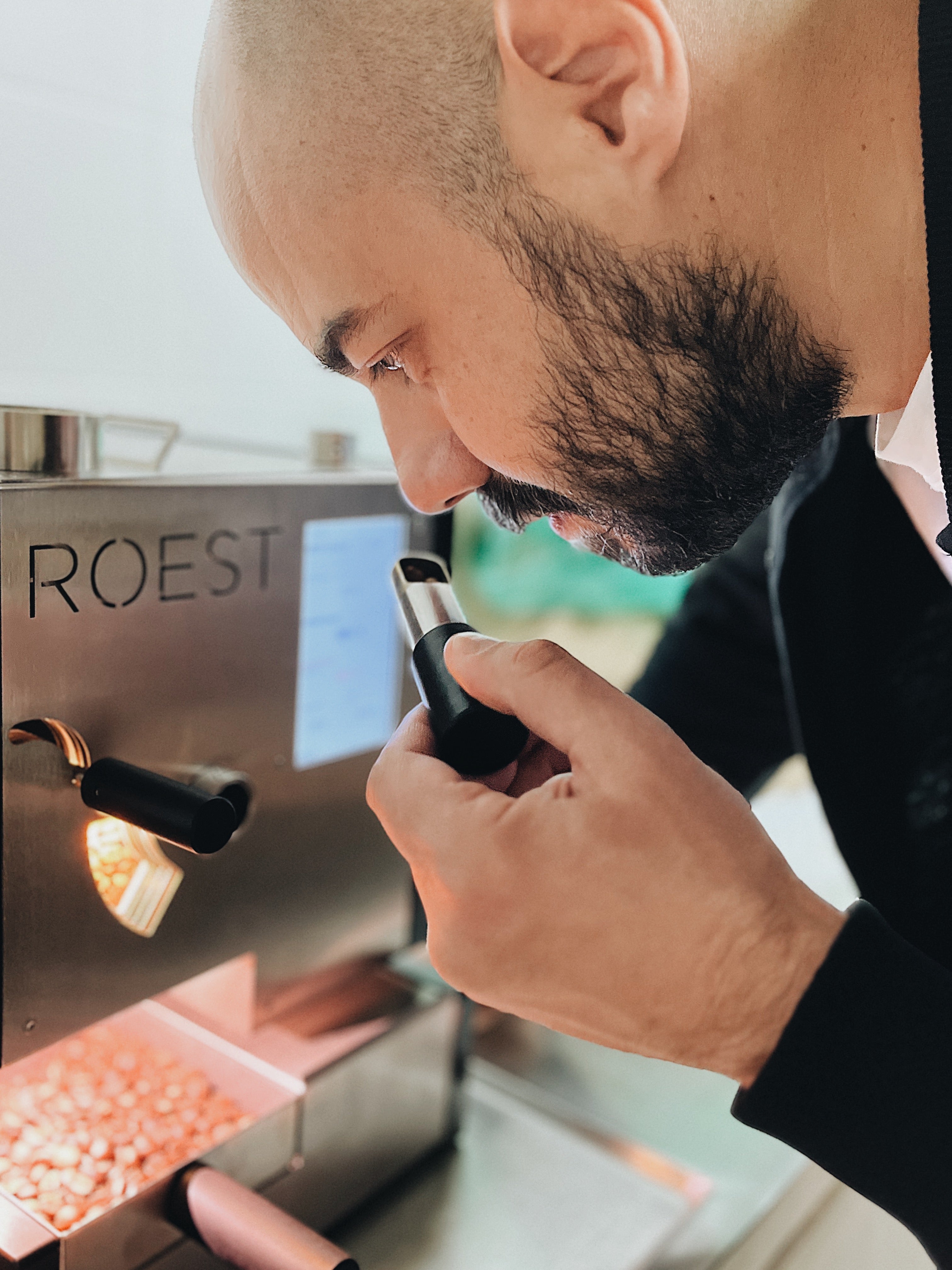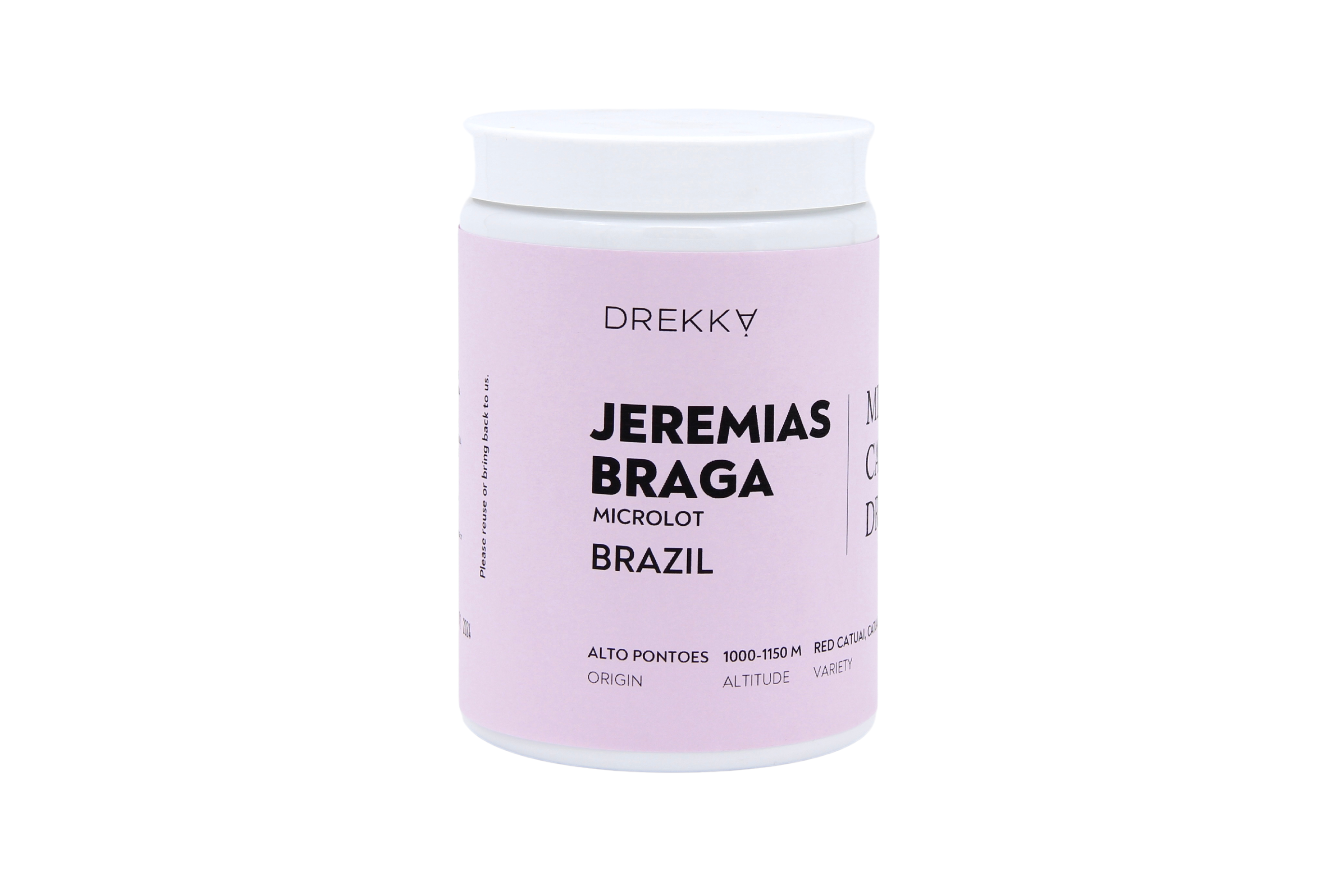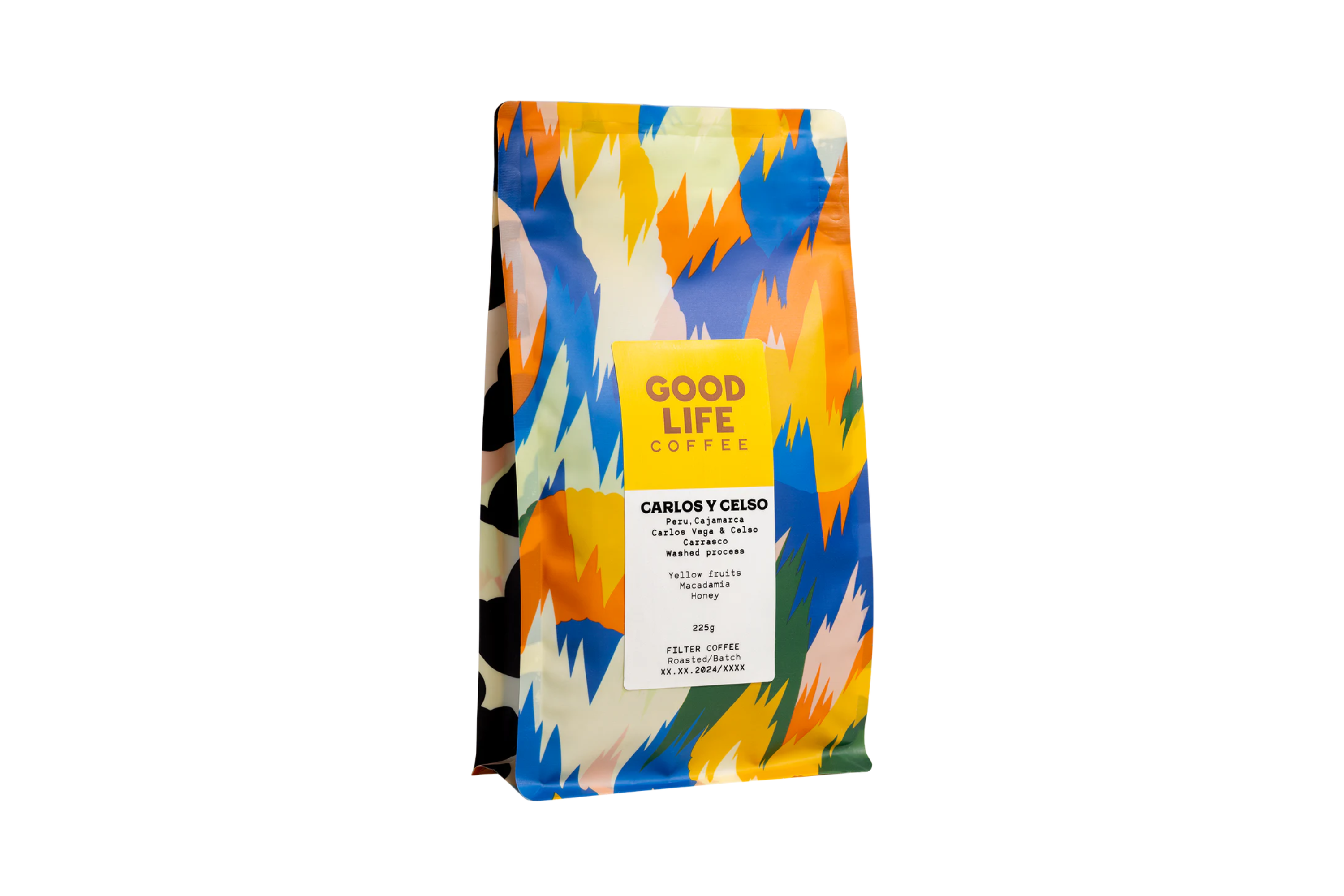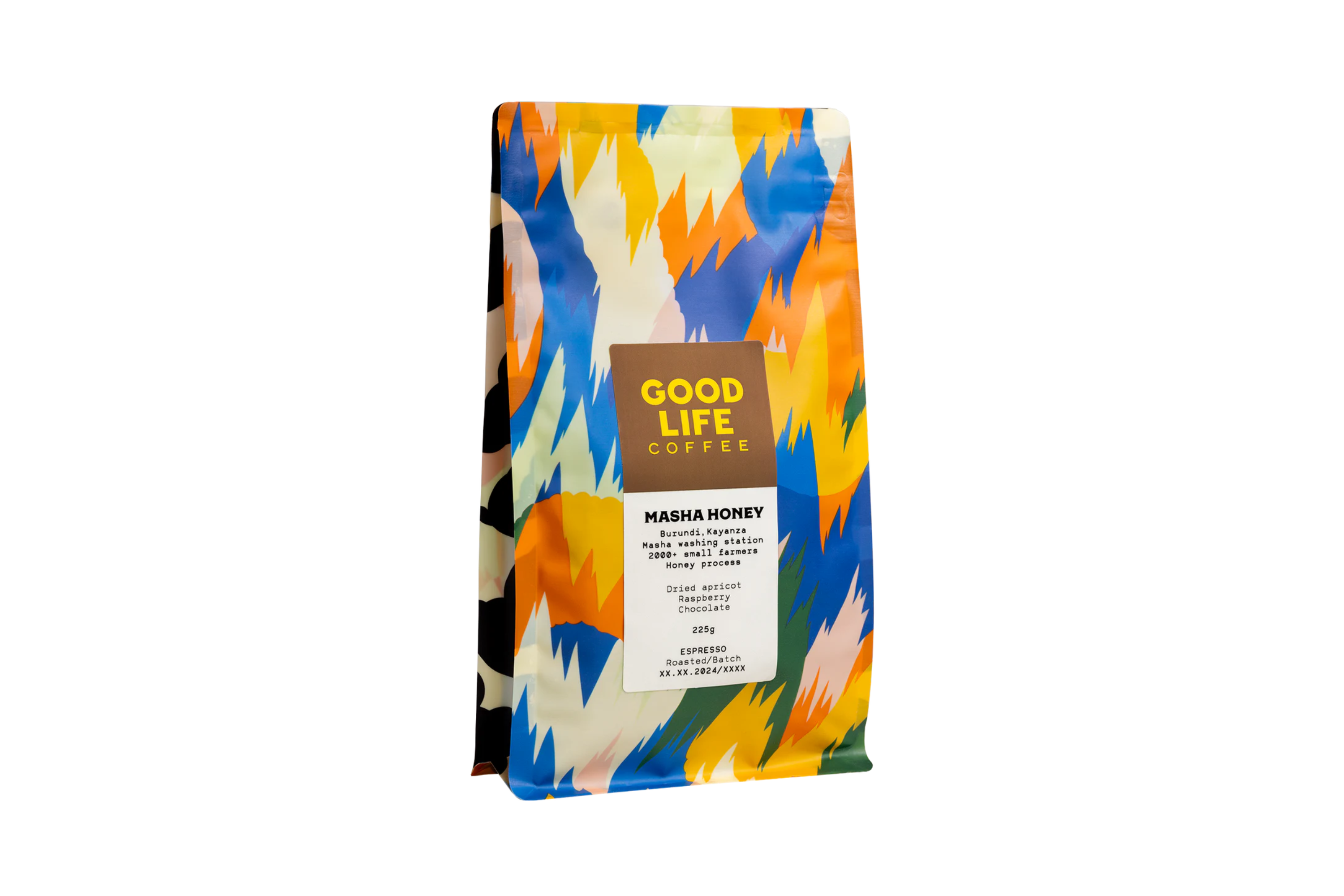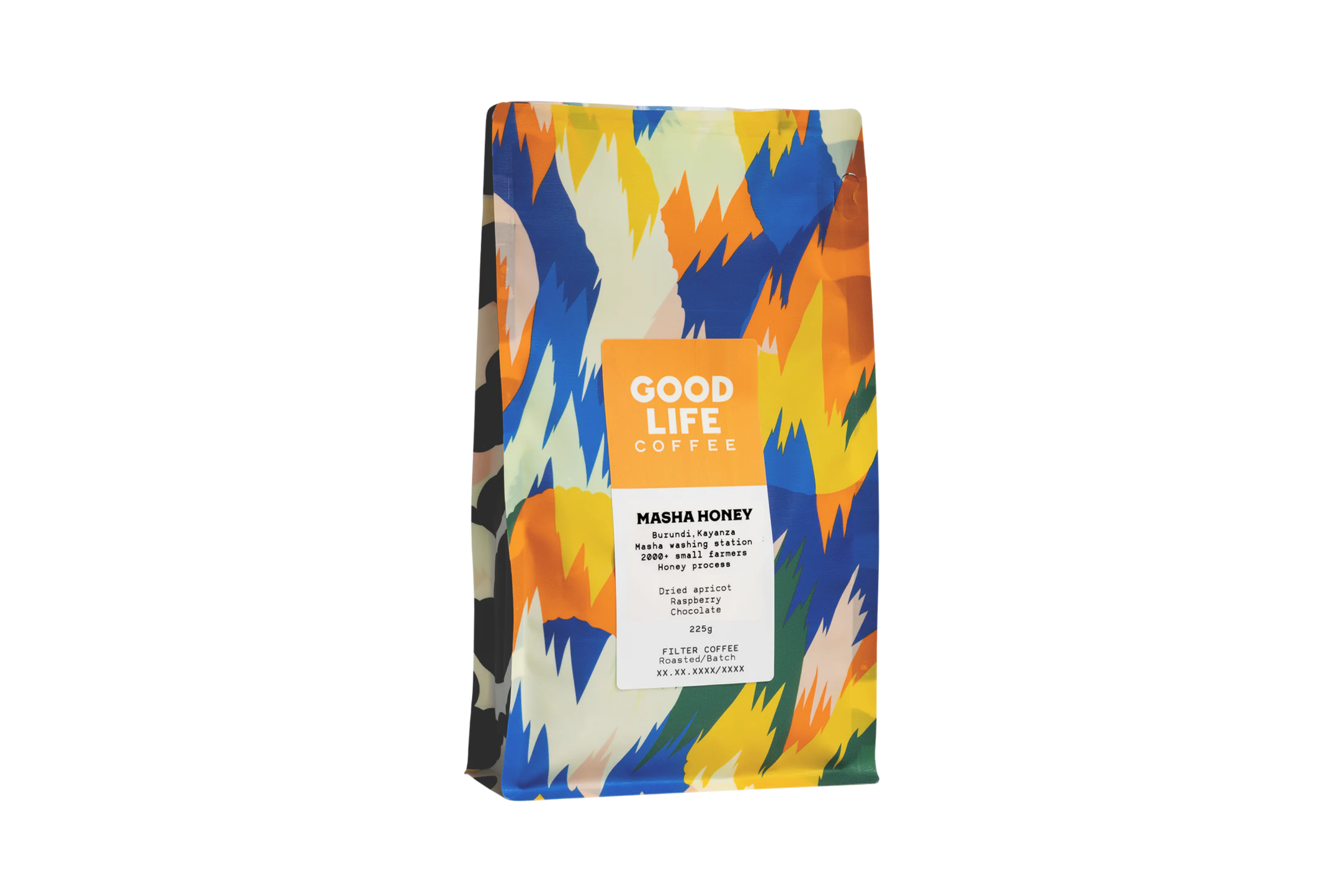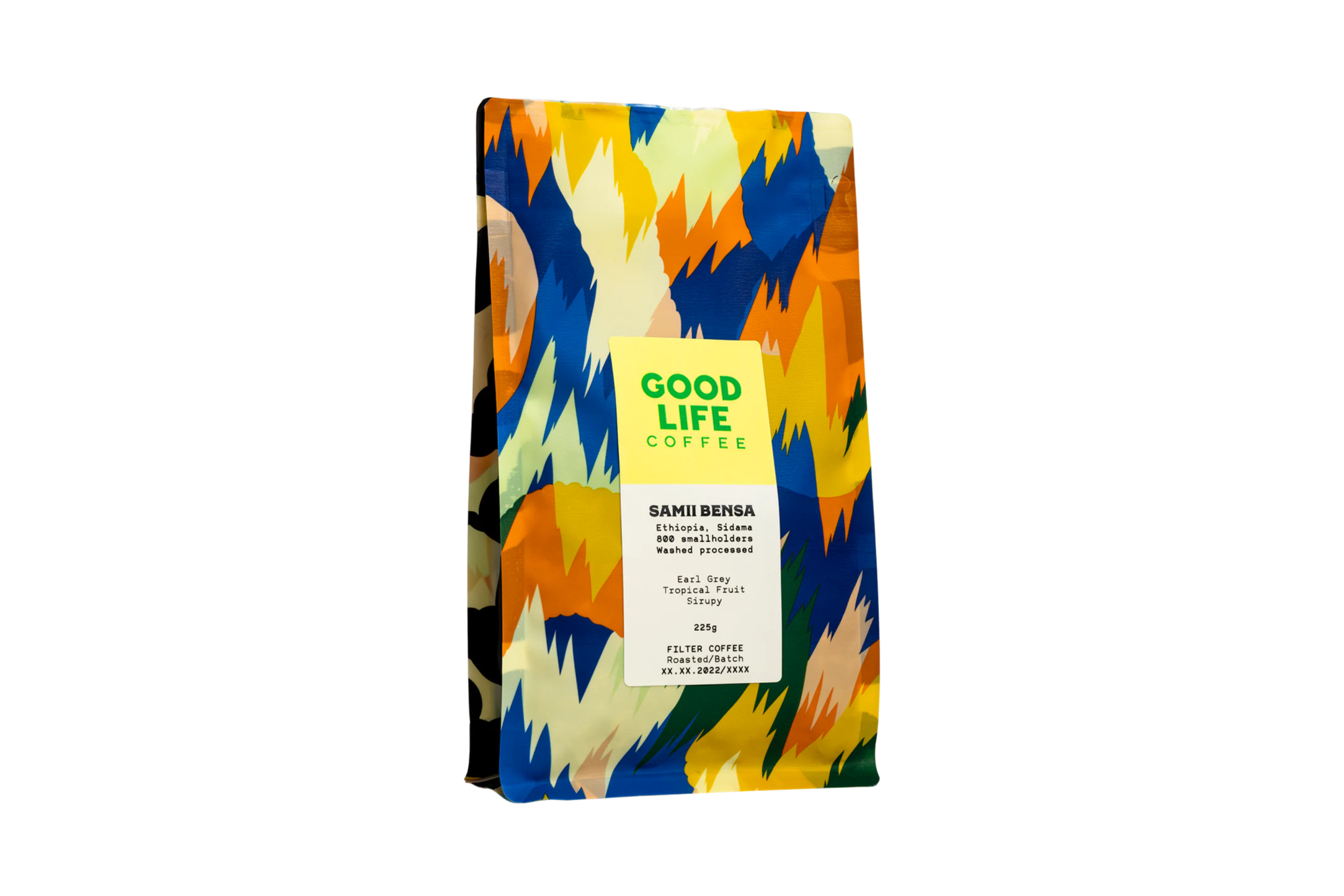The coffee grower Jeremias Lietig Braga, better known as “Jere”, lives in Afonso Cláudio, in the Espírito Santo Mountains. He is a descendant of Pomeranians and Portuguese who colonized the municipality, where he has two properties: one in Alto Pontoes and another in Corrego da Liberdade. Braga belongs to the third generation of coffee growers in the family. Sitio Braga, 7 km from the city center, was inherited by the his wife, Sueli Schwanz. With 1 hectare cultivated with 4,000 Arabica coffee trees, the property started producing in 2017. The crops are at an altitude of 1,157 meters, with a temperature of 8ºC in winter. The average production is 20 bags of specialty coffee. “Jere” and Sueli have already become well-known names in the region for their achievements in the production of fine coffees. He was a finalist several times in the Cafuso/UCC competition and, in 2021, he was ranked 2nd in the municipal competition and 3rd in the Coopeavi special coffee competition. At Bourbon’s Microlot Contest, the family is a known face as well, and the most recent conquest was the 8th place in the 2022 competition, with a lot from the Catucaí 785/15 variety that reached the score of 88 points. “The specialty coffee, in addition to improving my financial condition, increased my visibility and allowed me to meet many people. Friendship is the most important thing”, says Jeremias. Coffee here is selectively harvested by hand, pulped, then placed in fermentation tanks to remove a portion of the mucilage before drying.
Coffee is dried in parabolic dryers and turned every 30 minutes to ensure even drying. The dryers have several temperature monitors and have removable sections to increase airflow on hot days. Annual production here is roughly 40 bags from this 1 hectare farm.
Brazilian microlots are a relatively new entry into the world of specialty coffee, compared to larger-scale farming operations that are common here. Our green coffee partner's microlots are typically either a small selection of specialized coffee kept separate from the total volume of coffee a single estate produces, or they are sourced from the many smallholder producers (10–30 hectares) that exist throughout our usual sourcing regions. Microlots are expected to have both the highest level of quality and, subsequently, the highest tier of pricing.
Like the Honey process, Brazilian Pulped Natural processing relies on the removal of the cherry skin and a portion (but not all) of the fruit mucilage to create its signature flavor profile and mouthfeel. The coffees are depulped and then dried in their remaining mucilage for a period of up to two weeks. Patios are the most common drying surfaces.
